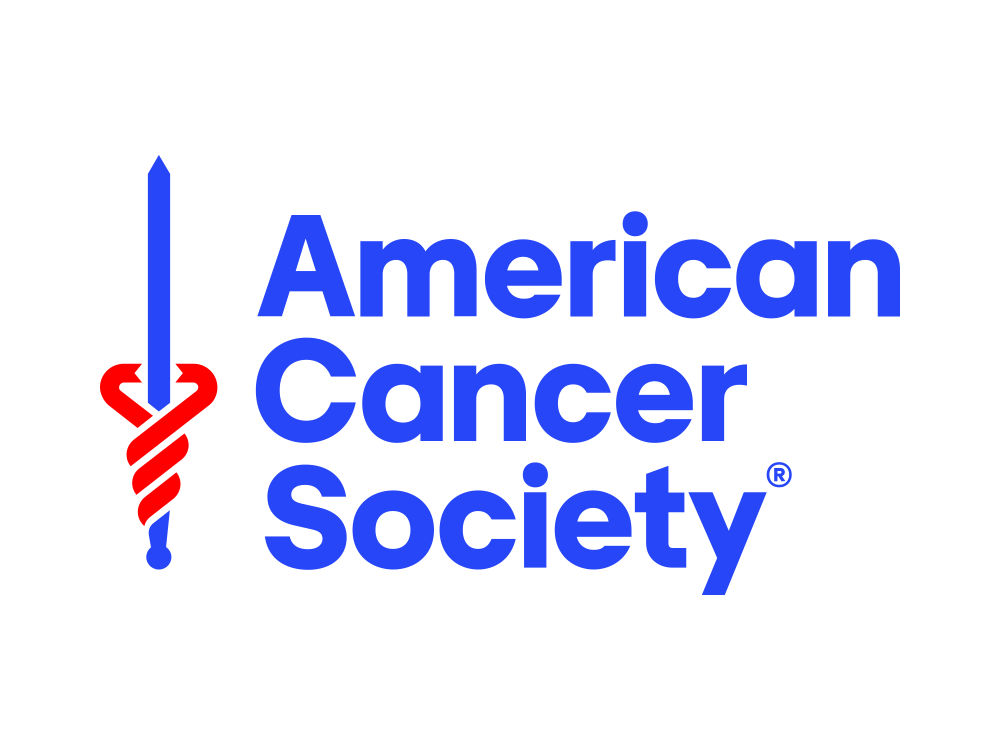A Groundbreaking Leap in Cancer Detection: The Gallery Blood Test
In the ongoing quest for advances in cancer diagnosis and treatment, a revolutionary new blood test, known as The Gallery Test, is set to turn the tables on how we approach the disease. This game-changing development can detect over 50 different types of cancers well before any symptoms appear.

What Makes the Gallery Test Unique?
This innovative blood test works by examining more than a million methylation sites in DNA fragments within the blood. Methylation, an essential biological process, determines what parts of our DNA are active or inactive, serving as an essential marker for cancer. The human body naturally releases DNA fragments into our bloodstream, often containing features indicative of the cell type they originate from, including the cancer type.
"More than 70 percent of cancer deaths come from cancers that don't have recommended screening," an alarming statistic that underlines the necessity and potential of this test.
The Pathfinder Trial: Step into the New Frontier
The Pathfinder trial, a groundbreaking study published in September last year, showcases the efficacy of this novel approach. The study, involving participants aged 50 and above with no prior cancer indications, followed the participants for one year post-test. Of the 1.4% participants who initially showed a positive cancer signal, further testing confirmed cancer in approximately 38% of these individuals. Although some false positives were noted, no test is perfect.
The Gallery blood test boasted a remarkable negative predictive value of 98.6%. A negative result from this test means a 98.6% chance that you do not have cancer.
"This trial proves that it's feasible to detect cancers early using blood tests," the report states.
Following the Pathfinder trial, a refined version of the test, Pathfinder 2, is currently underway.
The Simplify Study: Another Breakthrough
The Simplify study engaged over 6000 patients with symptoms suggesting possible cancers. This study revealed that the Gallery test had a positive predictive value of 75.5% and a negative predictive value of 97.6%.
"These results are game changing," says the lead clinician.
It indicates that this tool can expedite cancer diagnosis, potentially helping to avoid invasive, costly investigations.
The Current State of Cancer Screening and the Future with The Gallery Test
While the Gallery test shows immense promise, it's worth noting that these tests are yet to be FDA cleared or approved. More refinement and studies are required before widespread implementation.
"I'm very excited about this avenue for cancer diagnosis and treatment," the lead clinician expressed.
Despite these advances, current recommended cancer screening programs remain the cornerstone for early detection. These screenings, validated by the American Cancer Society, include mammograms for breast cancer, stool tests or colonoscopies for colon and rectal cancer, smears for cervical cancer, and CT scans for lung cancer, among others.
One of the most common questions asked is the value of whole-body MRI scans for cancer detection. Current guidelines suggest avoiding them due to the risk of false positive findings and unnecessary, risky procedures.
A New Hope in Cancer Detection
The development of the Gallery blood test is indeed a revolutionary stride in cancer detection. The ability to detect multiple cancer types in their early stages, without the need for invasive and costly procedures, represents a significant leap forward in the medical field.
While general population screening for certain cancers, like ovarian cancer, remains a challenge due to their inability to reduce cancer deaths, the Gallery blood test presents new hope.
Making Strides Towards a Healthier Future
This innovative blood test underscores the potential to drastically alter the landscape of cancer diagnosis and treatment. Although it is yet to receive FDA clearance and requires further fine-tuning, its future appears promising.
The clinical trials, such as the Pathfinder and Simplify studies, have highlighted the remarkable accuracy of the Gallery test. A tool that can provide such a high degree of confidence in ruling out cancer is a great stride towards a healthier future.
A Powerful Tool in the Making
The application of advanced genetic science to early cancer detection is nothing short of groundbreaking. The ability to detect over 50 different types of cancers through a simple blood test could very well redefine cancer prognosis for many, offering patients a more favorable outcome through early detection.
"If you can catch cancer early, the chances of successful treatment are much higher," states the lead clinician.
In the ongoing battle against cancer, the Gallery blood test stands out as a promising beacon of hope. It's not just about detecting cancer early—it's about equipping patients and healthcare professionals with a powerful tool to fight back.
The world of medicine continues to evolve and innovate, and as research advances, we're more hopeful than ever about what the future holds. We eagerly look forward to the day when the Gallery test becomes a standard tool in early cancer detection, saving countless lives in the process.
In conclusion, while we continue to benefit from the currently available and validated screening tools, the promise of a new tool like the Gallery blood test brings an exciting perspective to the future of cancer detection and treatment.
Looking Ahead
While the battle against cancer continues, the development of the Gallery blood test marks a significant leap forward. It serves as a powerful reminder of the incredible advances we're making in medical science, reaffirming our optimism for a future where cancer is detected early and more lives are saved.
"This is just the beginning," the lead clinician says, "and we're excited about what the future holds." As we continue to innovate and refine our tools, we're shaping a future where we can detect, treat, and conquer cancer more effectively than ever before.
